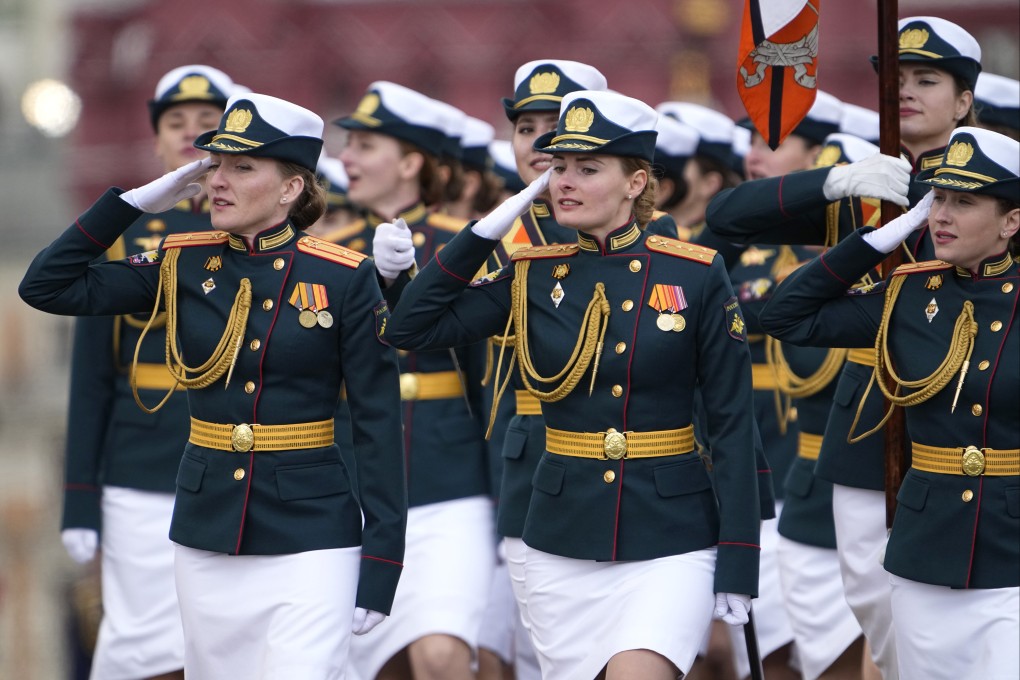Editorial | Ukraine war cries out for compromise, not show of military force
- As Russia marked Victory Day with a parade of its battlefield might, the West increased its support for Kyiv at a time when talks are the best chance for peace

Russian President Vladimir Putin was not able to use his country’s remembrance of its victory over Nazi Germany 77 years ago to also declare its soldiers had conquered neighbouring Ukraine.
Instead, as the annual show of military strength centred on Moscow’s Red Square took place yesterday, the war dragged on into its 74th day with the death toll rising, humanitarian crisis worsening and economic, energy and food disruptions snaking ever-further from Eastern Europe.
Three rounds of diplomatic negotiations have failed to end the conflict and the United Nations has proven incapable of keeping the belligerents apart.
But with the Kremlin seemingly determined to push ahead and the United States and its allies toughening sanctions and funnelling weapons to Kyiv, bloodshed and hardship are heightening, leaving diplomacy as the best hope for a resolution.
Victory Day is a chance for Russia to show off its military might and the mood this year was of defiance. But amid efforts to rally support for the war, it was also a sombre occasion as about 14,000 soldiers, including regiments involved in the fighting, joined tanks and ballistic missiles in the parade.
Putin justified the invasion by blaming Nato expansion for threatening national security. But while territory in Ukraine’s south and east has been seized, Moscow’s expected swift taking control of a sovereign country claimed to have been a historic part of Russian territory remains elusive.

